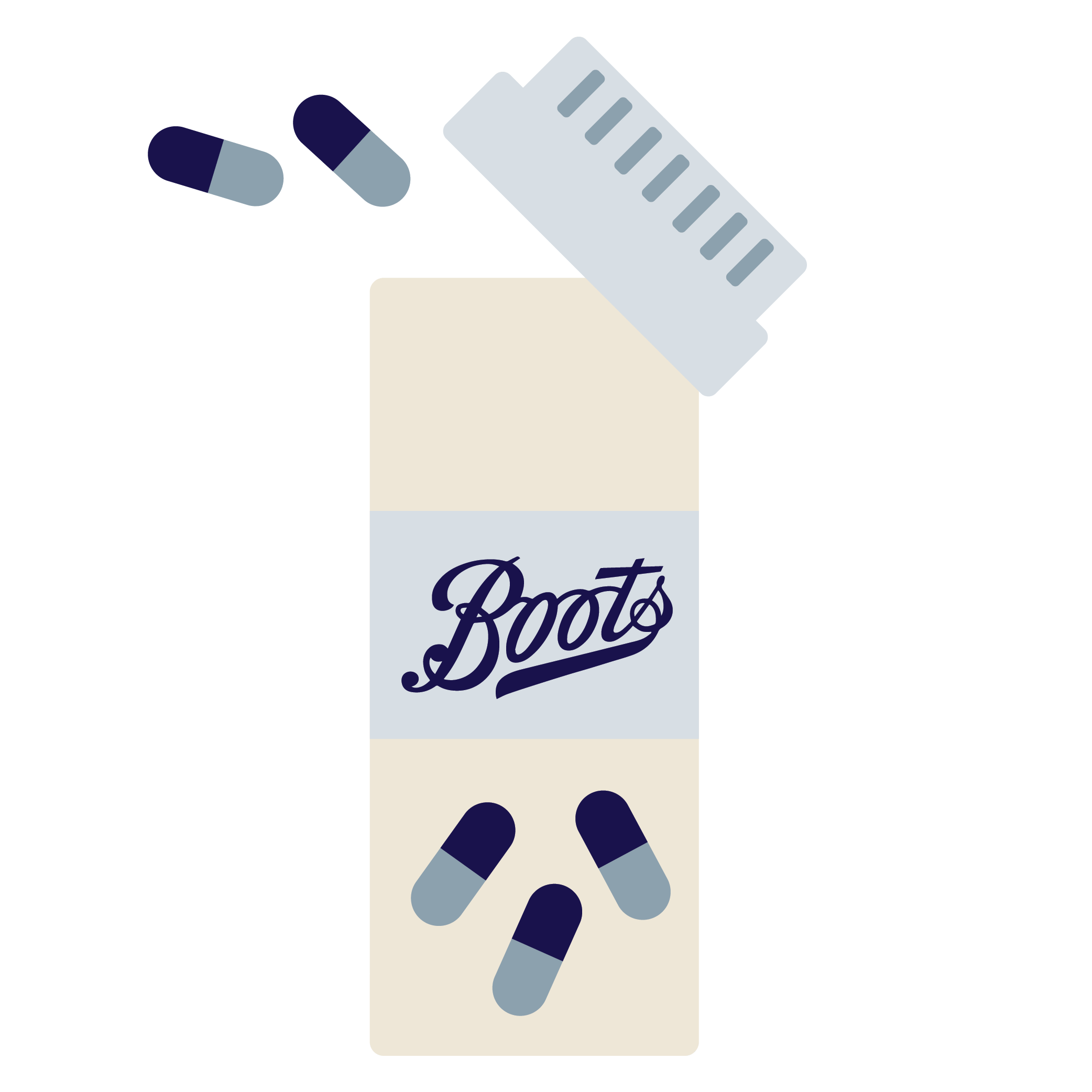
PREMATURE EJACULATION — THE FACTS
What is premature ejaculation?
Premature ejaculation (PE) is when a man can’t control ejaculation and comes earlier than liked, usually in the first minute or two of sex. It tends to happen to younger men. It’s only an issue if it’s bothering you or a partner. If you’re happy with your sex life, there’s no need for treatment.

What causes premature ejaculation?
Psychological and physical factors can both play a part in PE. It’s thought that stress and performance anxiety can cause it, along with depression or relationship issues.
For some men, oversensitivity of the penis can cause ejaculation problems, as can nerve damage. Occasionally PE can be a symptom of a more serious medical condition, like prostate problems.
What self-help techniques can I try?
You can try self-help techniques at home to help you last longer in bed. It can make a difference to:
- Masturbate a couple of hours before sex
- Use a thick condom to reduce sensation
- Take a deep breath during sex to help delay ejaculatory reflex
- Try the stop-start technique where you take a break from sex when you feel you’re close to coming
- Try the ‘squeeze’ technique by squeezing, or asking your partner to squeeze your penis just under the glands for a few seconds until the urge to come passes
Is premature ejaculation the same as erectile dysfunction?
Premature ejaculation and erectile dysfunction (ED) can both impact your sex life but they aren’t the same condition and they’re not treated the same way. PE is when a man comes earlier than he or his partner would like. ED is when a man can’t get, or keep, an erection. If you’re affected by ED, we have treatments that can help.
Page last reviewed by: Dr. Christina Hennessey 21/06/2021

